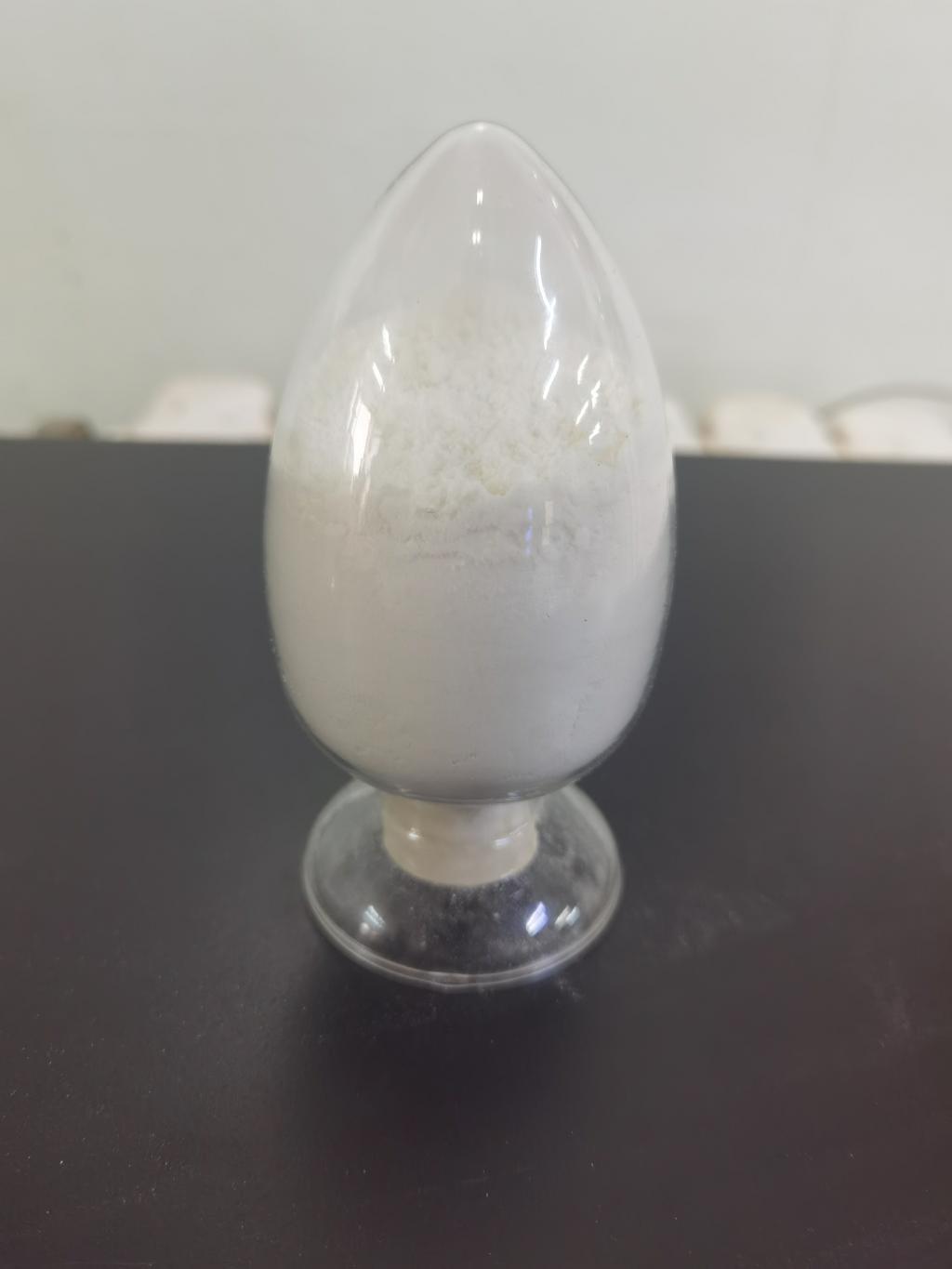Tel:+8618231198596

News
 CONTACT
CONTACT
 CONTACT
CONTACT
- Linkman:Linda Yao
- Tel: +8618231198596
- Email:linda.yao@dcpharma.cn
- Linkman:CHARLES.WANG
- Department:Overseas
- Tel: 0086 0311-85537378 0086 0311-85539701
News
Current Position:
Home >
News
>Sustainable Solutions in Fermentation: The Application of ε-Polylysine Hydrochloride
Sustainable Solutions in Fermentation: The Application of ε-Polylysine Hydrochloride
TIME:2024-02-19
I. The Essence of Fermentation in Sustainable Production:
Fermentation, a metabolic process involving the conversion of sugars into various products by microorganisms, has been harnessed for centuries in the production of foods, beverages, and industrial compounds. Its sustainability lies in the ability to utilize renewable resources, reduce waste, and create value-added products. As industries increasingly prioritize sustainability, optimizing fermentation processes becomes paramount.
II. ε-Polylysine Hydrochloride: A Natural Antimicrobial for Fermentation
A. Unique Properties and Source:
Derived from the fermentation of Streptomyces albulus, ε-polylysine hydrochloride is a cationic polypeptide characterized by its multiple lysine units linked by peptide bonds. Its unique structure imparts potent antimicrobial properties, making it an attractive choice for controlling microbial contamination in fermentation processes. Being naturally occurring, ε-polylysine hydrochloride aligns with the principles of sustainability.
B. Mechanism of Antimicrobial Action:
ε-Polylysine hydrochloride exerts its antimicrobial activity by disrupting the cell membranes of susceptible microorganisms. This mechanism of action makes it effective against a broad spectrum of bacteria, yeasts, and molds. Its specificity for microbial cells without harming the fermentation microorganisms contributes to its suitability for use in sustainable fermentation processes.
III. Microbial Control and Enhanced Fermentation Efficiency
A. Preservation of Starter Cultures:
Fermentation processes heavily rely on specific strains of microorganisms to initiate and propagate the desired transformations. Contamination by unwanted microbes poses a significant threat to the viability of starter cultures. ε-Polylysine hydrochloride, when incorporated into fermentation media or applied as a preservative, helps preserve the integrity of starter cultures, ensuring consistent and efficient fermentation.
B. Prevention of Spoilage Microorganisms:
In addition to preserving starter cultures, ε-polylysine hydrochloride acts as a barrier against spoilage microorganisms. Uncontrolled microbial growth during fermentation can lead to off-flavors, odors, and a decline in product quality. The antimicrobial properties of ε-polylysine hydrochloride play a crucial role in preventing spoilage, contributing to the production of high-quality fermented products.
IV. Quality Enhancement in Fermented Products
A. Shelf-Life Extension:
One of the key challenges in the production of fermented products is maintaining quality throughout storage. ε-Polylysine hydrochloride, with its antimicrobial efficacy, extends the shelf life of fermented goods by inhibiting the growth of spoilage microorganisms. This not only reduces food waste but also enhances the economic sustainability of fermentation-based industries.
B. Consistency in Product Characteristics:
Controlling microbial contamination with ε-polylysine hydrochloride contributes to the consistency of product characteristics in fermented goods. Whether it's the flavor profile of a fermented beverage or the texture of a dairy product, maintaining a stable microbial environment ensures that the final product meets consumer expectations consistently.
V. Environmental Considerations and Sustainable Practices
A. Reduced Need for Synthetic Preservatives:
The incorporation of ε-polylysine hydrochloride in fermentation processes can potentially reduce or eliminate the need for synthetic preservatives. This shift aligns with the growing consumer preference for clean label products, contributing to a more transparent and sustainable food production system.
B. Eco-Friendly Production Practices:
ε-Polylysine hydrochloride, being a naturally occurring compound derived from fermentation, embodies eco-friendly production practices. Its integration into sustainable fermentation aligns with the principles of green chemistry and sustainable bioprocessing. This is particularly significant as industries seek to minimize their environmental footprint and adopt more responsible manufacturing practices.
VI. Challenges and Future Directions
While ε-polylysine hydrochloride holds promise in sustainable fermentation, challenges such as optimizing formulations, ensuring regulatory compliance, and scaling up production must be addressed. Future research should focus on refining application methods, exploring synergies with other sustainable practices, and conducting comprehensive life cycle assessments to evaluate the overall environmental impact of ε-polylysine hydrochloride in fermentation processes.
VII. Conclusion
The application of ε-polylysine hydrochloride in fermentation represents a sustainable and innovative approach to microbial control in various industries. From preserving starter cultures to extending the shelf life of fermented products, its multifaceted benefits contribute to the overall efficiency and sustainability of fermentation processes. As industries continue to prioritize eco-friendly practices, ε-polylysine hydrochloride emerges as a natural ally in the pursuit of greener and more sustainable fermentation practices, shaping the future of microbial control in the world of bioprocessing.
- Tel:+8618231198596
- Whatsapp:18231198596
- Chat With Skype







